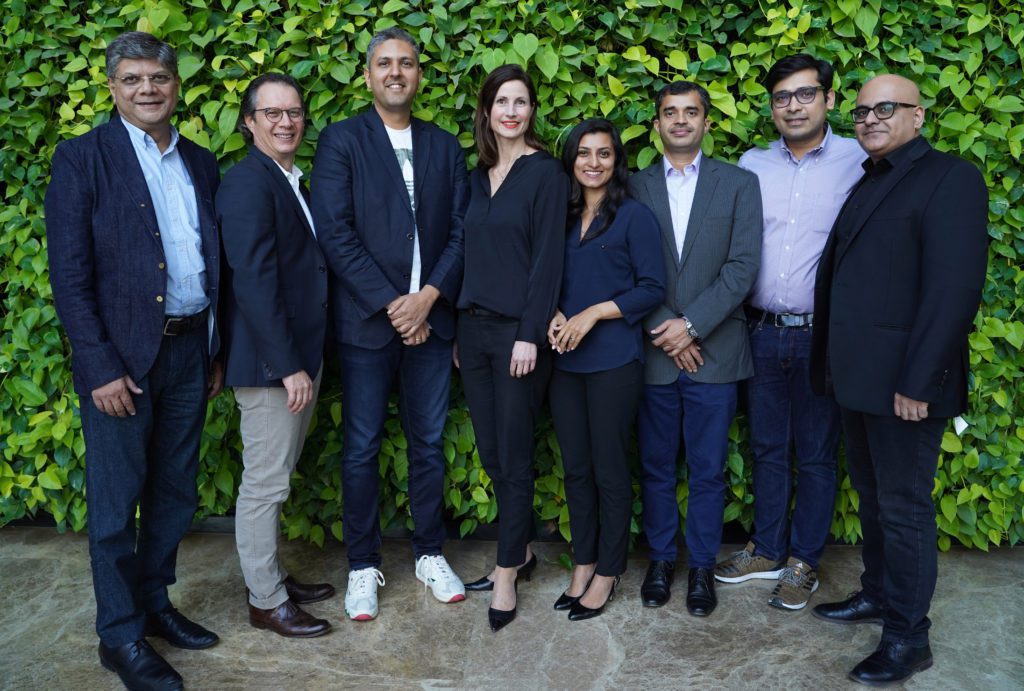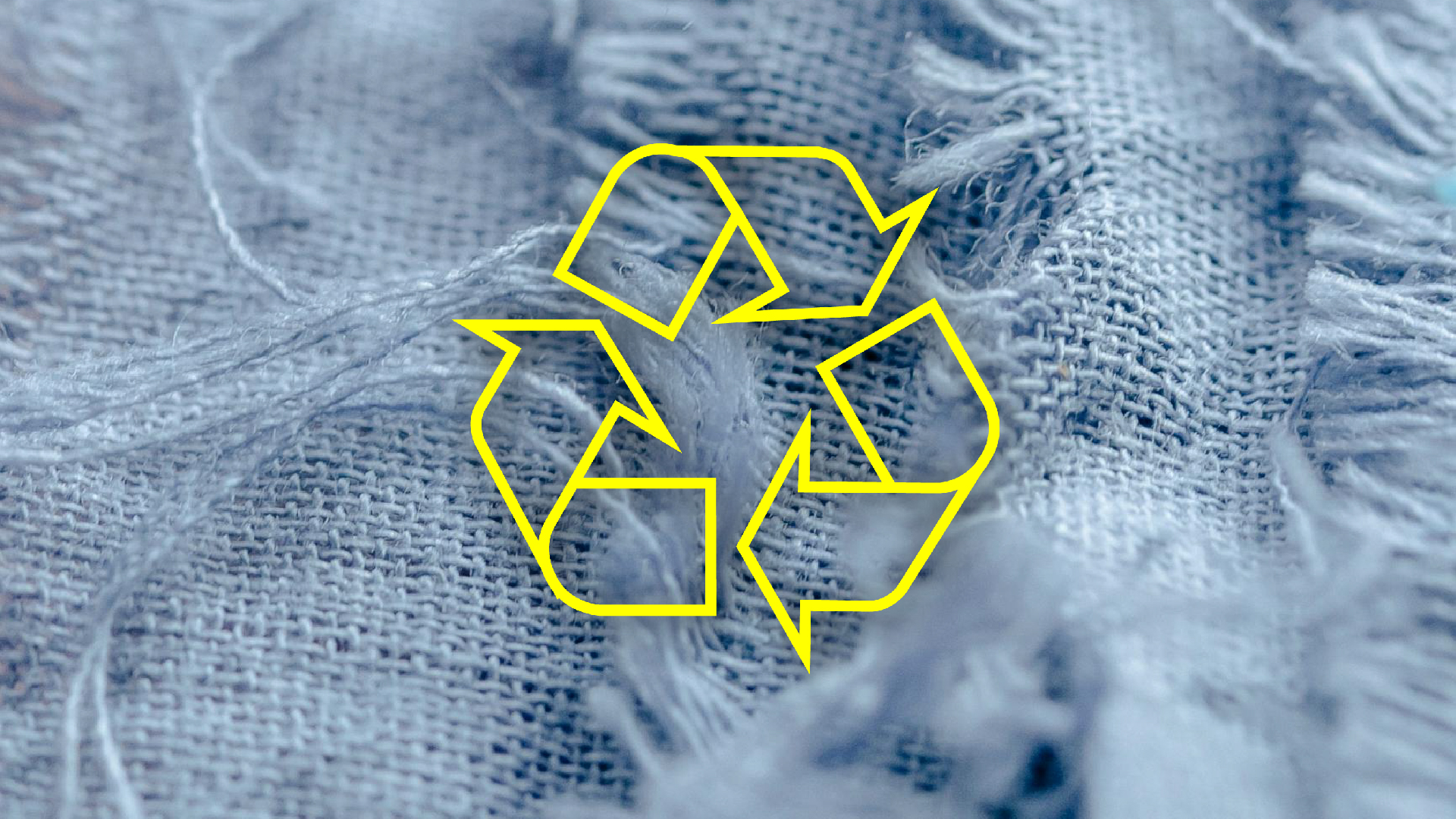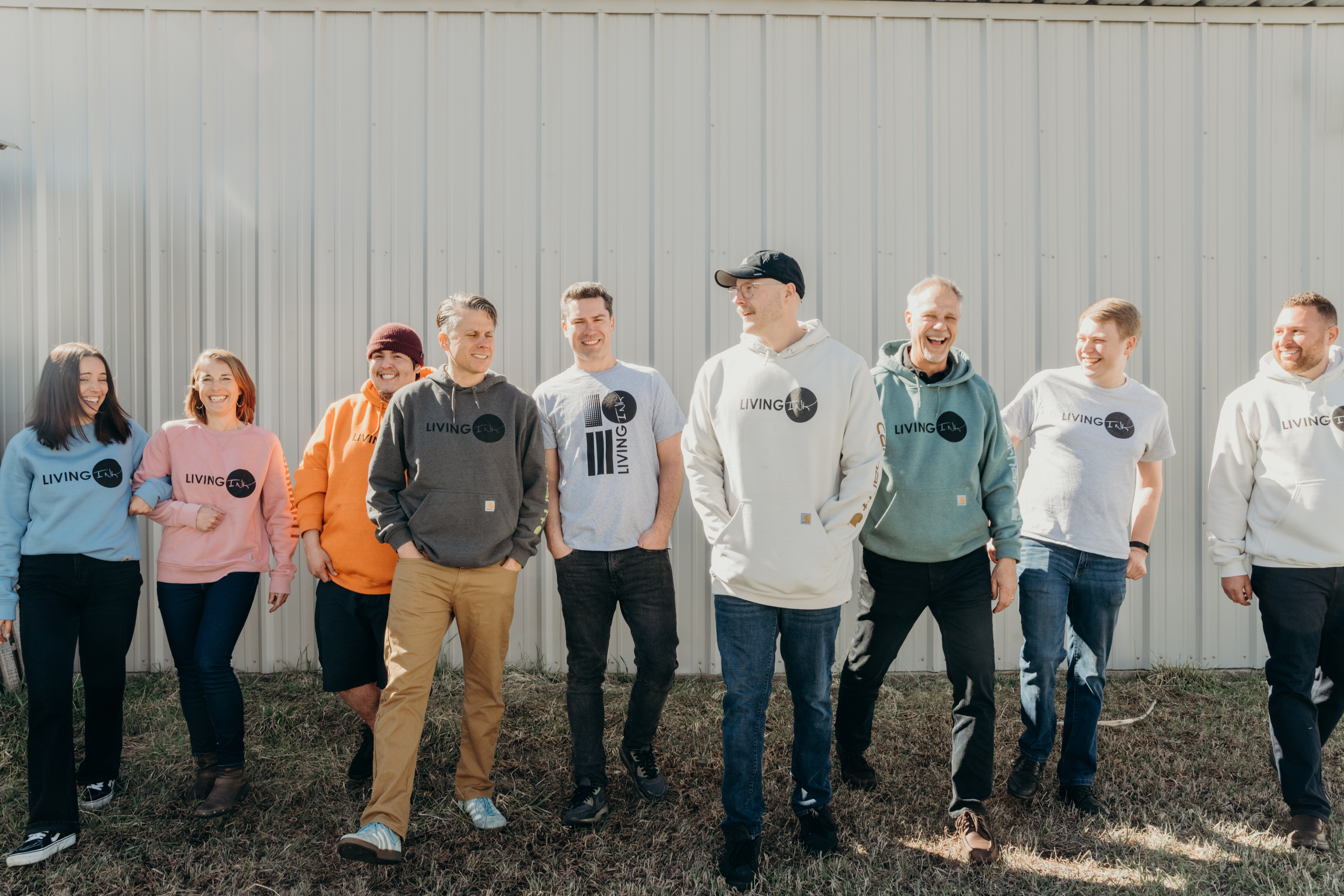Fashion for Good Selects First Start-ups for South Asia Innovation Programme
Left to right: Saurabh Sharma- Head-Sales and Business Development and Parth Patil – CEO and Managing Director Infinichains, Krunal Patel – COO of Indra Water, Zack Whaley – Chief Supply Chain Officer of Purfi, Dr Rachana Shukla – Scientist ‘B’ at Sasmira, Keshav Deo Sharma – Cofounder of Descatuk, Shikha Shah – Founder and CEO of AltMat, Fidal Kumar – Founder and CTO of JSP Enviro and Amit Gautam – CEO and Founder of Textile Genesis™.
Absent from the image is Graham Ross – Founder of Block Texx.
Credits: Umed Jadeja
29 January 2020
AMSTERDAM- Today Fashion for Good’s South Asia Innovation Programme officially starts with the selection of 9 new innovators. With innovations in raw materials, wastewater management, dyeing solutions, textile waste solutions, blockchain, AI and machine learning innovations, the first batch of regional start-ups join a global selection of start-ups at the cutting-edge who are driving the industry’s transformation towards a circular system. Fashion for Good’s Managing Director Katrin Ley opened the Fashion for Good South Asia Innovation Programme yesterday. Regional launch partners, Aamir Akhtar, CEO of Arvind Mills, Lakshmi Poti, Programme Manager Sustainable Raw Materials at Laudes Foundation (formerly C&A Foundation) and Dipali Goenka, Joint Managing Director of Welspun Ltd., were amongst the jury members who selected the innovators to join the programme.
The selected innovators in the first ever South Asia Innovation Programme batch are: Alt Mat, Block Texx, Descatuk, Indra Water, Infinichains, JSP, PurFi, Sasmira and Textile Genesis™.
“We are staunch ambassadors of industry-wide collaboration. With the launch of our regional Programme in South Asia we strengthen our network and position us to better serve local manufacturers, key supply chain actors, brands and innovators. By connecting them to our global network and leading players in the fashion ecosystem, we help the innovators’ solutions and technologies reach scale.” Katrin Ley, Managing Director – Fashion for Good.
Sixteen innovators from across the region attended the launch of the Fashion for Good South Asia Innovation Programme to pitch their innovations for the opportunity to join the Programme. The jury, consisting of members of the Fashion for Good Advisory Council including: Managing Director India at adidas, Neelandra Singh; Director Sourcing at C&A Bart de Meirsman and Director of Corporate Responsibility South Asia at PVH Corp., Tejas Sampat; as well as regional launch partners: Programme Manager Sustainable Raw Materials Lakshmi Poti of Laudes Foundation (formerly C&A Foundation); Joint Managing Director, Dipali Goenka of Welspun Ltd.; CEO Aamir Akhtar of Arvind Ltd. and Managing Director of Fashion for Good, Katrin Ley selected the final 9 innovators from the group who will participate in the Programme as of today.

Left to right: Aamir Akhtar, CEO of Arvind Ltd., Bart de Meirsman, Director Sourcing at C&A, Neelandra Singh, Managing Director India at adidas, Katrin Ley, Managing Director of Fashion for Good, Lakshmi Poti, Programme Manager Sustainable Raw Materials of Laudes Foundation (formerly C&A Foundation), Umasankar Mahapatra, Vice President Innovation Director Welspun Ltd., Abishek Bansal, Head of sustainability at Arvind and Tejas Sampat, Director of Corporate Responsibility South Asia at PVH Corp. Image Credit: Umed Jadeja
“The Fashion for Good South Asia Innovation Programme brings together the most promising innovators whose technologies are set to transform the industry with manufacturers, like us, on the ground. The platform provides a pool of incredible talent that we can tap into and implement in our own on-going efforts to move our supply chain towards circularity, and we are pleased to support the Programme and lead the way in sustainability.” Dipali Goenka, Joint Managing Director – Welspun.
Over the next four months, the 9 innovators, will receive mentoring, bespoke coaching and support from Fashion for Good and its Corporate Partners, as well as access to a global network of partners and like-minded organisations, providing these innovators with the tools they need to grow. With the addition of the new innovators to its Programme, Fashion for Good is seeking to scale these promising innovations from and for this region with a particular focus in raw materials, wastewater management, dyeing solutions, textile waste solutions, blockchain, AI and machine learning innovations. Launch Partners Arvind and Welspun will provide support for these innovators in the form of local and manufacturing expertise and the possibility to partner on pilot projects to test the viability of their innovations in real-world, manufacturing processes.
In addition to the selection of the innovators, several keynote speakers from across the industry were invited to share their insights and guidance during the launch of the Innovation Programme. Nicole Rycroft, Founder and Executive Director of global sustainable sourcing organisation Canopy provided her perspectives on impact. Bob Assenberg, Director of Good Fashion Fund, which was initiated by Fashion for Good to drive the financing of innovative, industry solutions in India, Bangladesh and Vietnam, addressed the audience on the topic of investment.
“South Asia is a critically important region for the global fashion industry, and indeed, one of the priority geographies for Laudes Foundation. We are thrilled to be able to support this group of creative and ambitious innovators who are each contributing to making fashion a force for good.” Leslie Johnston, Executive Director – Laudes Foundation (formerly C&A Foundation).
The 9 selected innovators in the first ever South Asia Innovation Programme batch are:
AltMat (previously Canva Fibre Labs) converts agri-waste to industrial fit fibres and yarn. The agri-waste of plants like hemp, banana etc. are sourced directly from farmers and agro-producers to achieve a competitive economics and scale.
BlockTexx turns textile waste into a resource, stimulates the production of new products and meets consumers demands to reduce the environmental impact of our everyday clothing.
Descatuk has developed a process of fibre extraction and yarn creation from grass to produce a fabric that has a similar look to linen but a lighter touch. Grown in the highlands of India, the wild grass needs neither water nor pesticides. Descatuk also has a positive impact on livelihoods by providing fair job opportunities for locals.
Indra Water has developed affordable, fully automated wastewater management treatment and packaged re-cycling solutions. The process is capable of a variety of water treatment through novel innovations in electro-coagulation, electro-chemical oxidation, two-phase solids separation, disinfection, distillation and pollutant monitoring hardware.
InfiniChains is a leading end-to-end track and trace solution using blockchain, AI and Cloud Computing to help brands and manufacturers to digitise sustainability practices. Through real-time data, efficiency and storytelling, they bridge the fragmented gaps between the different sustainability systems of farmers, manufacturers and brands.
JSP Enviro treats common effluents with Microbial fuel cells technology. The technology treats effluent water that can be reused, simultaneously producing energy thereby reducing the need for external energy, making it a self-sustainable waste-water treatment.
PurFi rejuvenates pre- and post-consumer textile waste back to virgin quality fibres virgin quality products from corporate waste streams to create a closed loop solution. The technology can process any type of fibre including cotton, PET, nylon, cotton/poly and blends as well as separate out elastane.
Sasmira has a wide range of innovations and one of them is a supercritical CO2 dyeing technology. This cost-effective technique is waterless and does not use any chemicals. The remains of the dye is collected for reuse and carbon dioxide used in the process is recirculated back into the system.
TextileGenesis is a blockchain traceability system specifically created for the apparel sector that focuses on sustainable fibres such as wood-based fibres, organic cotton and organic wool. Consumers can scan the barcode with their mobile device to see the various steps that were taken to create the product.
Other Articles

In conversation with Smartex: Explore Smartex’s AI-driven solutions transforming quality control and reducing waste

Fashion for Good and Textile Exchange Team Up to Trace Textile Waste

